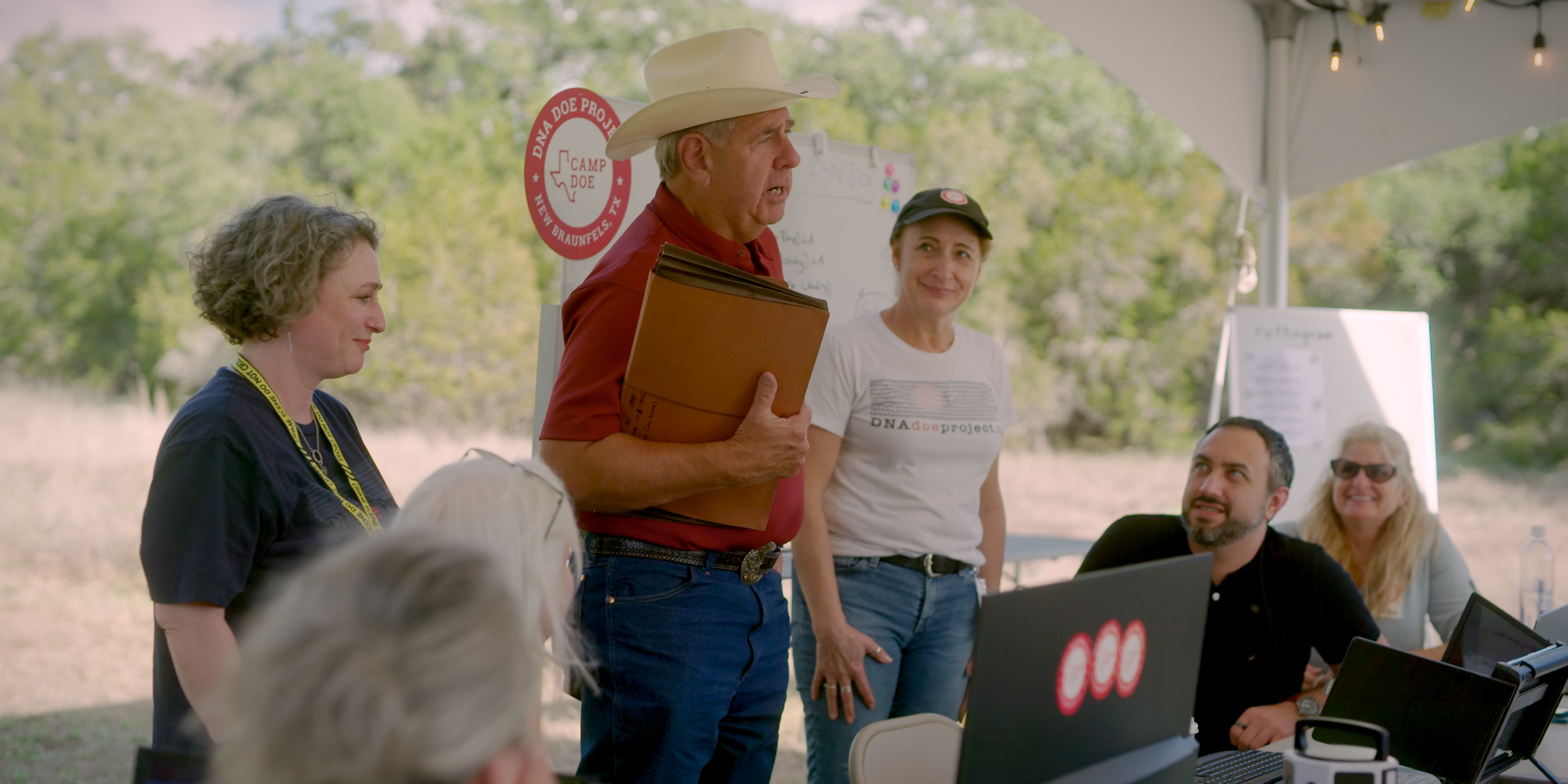Jim Beam column: It’s newspaper survival story
Published 7:19 am Saturday, July 8, 2023

- A major newspaper in South Carolina has come up with a way to network with other newspapers to slow their decline. The formula may work in other states like Louisiana.(Photo courtesy of gallop.com).
“CBS News Sunday Morning” had a story on newspapers last Sunday that sounds much like a formula for saving newspapers in this country that are struggling to survive. Ted Koppel, who has been a news correspondent since 1963, interviewed Pierre Manigault, owner of the Charleston, South Carolina, Post and Courier.
Koppel, 83, became best known as the host for the ABC News late-night program called “Nightline.” His work has earned him numerous awards, including 25 Emmys.
Manigault’s newspaper is the oldest daily newspaper in the South. His great-grandfather bought into the paper in 1896 and Manigault is a fourth generation owner.
Trending
Koppel said something to Manigault that evoked laughter from the publisher: “You haven’t heard, Pierre, but newspapers are done. They’re finished.”
“I’ve heard the rumor!” he laughed.
“Are you really in it any more to make money?” Koppel asked.
“No, no. The short answer to that is no,” Manigault replied. “This is not the business to make money in. It once was, as you well know. These presses have printed money. But it’s a different world.”
Koppel said that world is where an estimated 70 million Americans now live in what has come to be known as “news deserts.” He said in South Carolina, 10 local newspapers folded their print editions back in 2020 alone.
Without a source of reliable local news and scrutiny of local officials, Koppel said those news deserts can experience the spread of disinformation and corruption.
Trending
Manigault said, “We see what happens when communities lose their newspapers, ‘cause it’s happening all around us. I think it’s very important to have, not just a newspaper, but a very good newspaper.”
Koppel also interviewed Travis Jenkins, editor of the weekly newspaper, the News and Reporter of Chester, South Carolina. Jenkins and his reporter, Brian Garner, are the complete staff.
Barbara Ball also had some feedback for Koppel. She owns the Voice of Blythewood, the local weekly paper. She manages the paper, writes for the paper, and delivers copies to businesses around town. Her husband and daughter also lend a hand. The former mayor of nearby Ridgeway delivers papers in neighboring Fairfield County.
Manigault said advertising is gone, “So, now you have to go back to what the roots of journalism are, and that’s content and information that people can’t get anywhere else.”
When asked if he thinks people really care about newspapers, Manigault said his paper opened up a fund through the community foundation where people could pay for the newsroom expenses associated with their investigative journalism. The goal was $100,000 in 100 days and they raised about five times that.
The Post and Courier’s special projects editor has a team of five investigative reporters that decided to help some of the small, struggling newspapers in other parts of South Carolina.
The team started a project called “Uncovered” and asked the smaller papers if they wanted to collaborate with them. Travis Jenkins of Chester was asked if he wanted to work with them on a story about his sheriff who was under investigation.
The “Uncovered” project ultimately involved 19 community newspapers across the state; two papers have since folded. The stories ran in the Post and Courier and were available to all of the local partners.
One investigation helped Barbara Ball in Blythewood get information from her school superintendent who wanted $300 for the records. The Post and Courier offered to pay for the records but the superintendent eventually just handed them over, and it turned out to be a really good story.
Koppel asked Ball what the Post and Courier provided other than money and muscle.
“For our story to be on the front page of the Charleston Post and Courier was huge,” she replied.
Travis Jenkins told an interesting story, versions of which I’ve heard many times over my nearly 63 newspaper years. He sent mailers out to all his subscribers asking if they wanted to renew.
One wrote back saying, “I do not want to subscribe to your bleeping paper. Y’all are the most up-in-everybody’s bleepin’ business newspaper I’ve ever seen in my whole bleepin’ life,” the subscriber said.
Jenkins didn’t have an address but wanted to write to that reader and say, “Man, thank you! That’s the best compliment anybody’s ever paid us.”
The investigative work that the Charleston Post and Courier is sharing with other newspapers in South Carolina sounds like it would succeed in Louisiana and in other states that have some excellent investigative news organizations.





